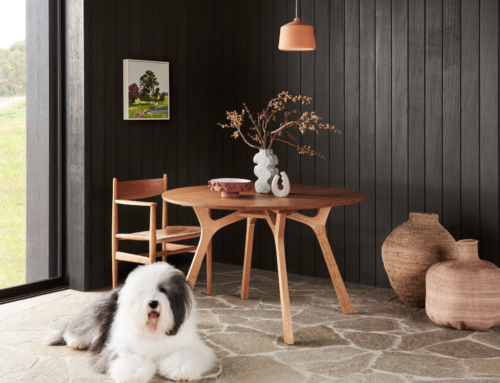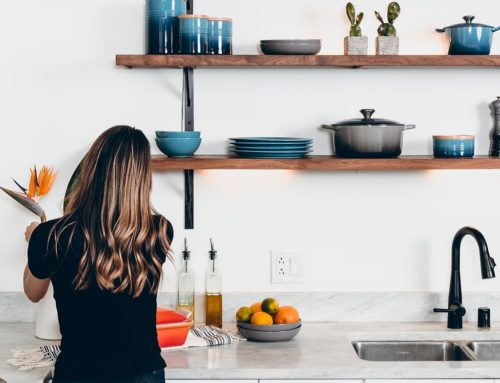Did you know that our indoor environment can be two to five times more toxic than our outdoor environment? Indoor pollution can cause serious harm to our health, and considering that 80% of all cancers are attributed to environmental rather than genetic factors, we really need to think about the carcinogenic chemicals we’re putting into our air at home. Here are ten tips on how you can improve your indoor air quality:
Dry up
Mould flourishes in damp or humid conditions and is terrible for your indoor air quality. Mould can cause allergies, exacerbate respiratory problems, and give you cold or flu-like symptoms. By keeping your home dry and attending to any trouble spots quickly you can keep it under control. Vinegar, baking soda and tea tree oil are all natural mould-repellants. Scrub or wipe while damp (dry brushing will release it into the air and very likely up your nose or on your skin). You might also need a dehumidifier in particularly damp rooms.
Use exhaust fans around steam
Letting steam escape during hot showers or baths, while cooking, or when the clothes dryer is running, will stop your house from getting so damp. Check for leaks near windows and shower doors, and make sure you tend to problem areas quickly.
Go smoke free
Cigarette smoke, including second hand smoke, is a toxic pollutant that can spread around your home and reduce air quality. Don’t allow smoking anywhere in the house as it sticks to fabrics, and don’t allow smoking near open windows or near doorways as it can travel in.
Keep your filters clean
Regularly clean or replace filters on air-conditioning units, and carefully dust the entire surface of the unit with a damp or electrostatic cloth.
Keep doors and windows closed
On high pollen count days pollen will come straight through the window and spoil your indoor air quality. If you have someone in your home with severe allergies, it may be worth getting out into the garden and removing weeds or high allergen plants.
Ditch the carpet
Carpets and rugs are bad news for air quality as they collect dust, dander and cockroach droppings. If you do have carpets and can’t feasibly remove them, vacuum once a week – a machine with a high-efficiency particulate air (HEPA) filtration system may help reduce the amount of allergen being released into the air.
Keep it clean
A good damp or electromagnetic dusting across all surfaces is necessary for improved air quality. A dry duster is more likely to fling dust into the air.
Be careful with household chemicals
Many can affect well-being and cause symptoms such as headaches, nausea, lethargy, congested nose and sinuses, asthma and skin rashes so go for natural products where possible, or make your own.
Be wary of mulches
They can be a source of mould, so avoid having them around your doorways or windows, and don’t use mulch in indoor pots. If you find mould on the soil of your indoor plants, carefully remove the top layer while wearing a mask, then sprinkle the soil with cinnamon. Be careful not to overwater your plants to avoid mould.
Smarter heating and cooling
Adequate ventilation, cooling, heating and insulation can all help improve the quality of the air in your home. Avoid evaporative coolers, which push air through damp cooling pads. Check your insulation and whether you’re eligible for an insulation grant. There are also options to pay for insulation or heating through your rates.
See more:
 Written by Lilly Potter
Written by Lilly Potter
A beauty and fashion goddess with the mouth of a sailor, Lilly is our go-to for what’s happening in the world of celebs. With a green tea in hand 90% of the time, she loves photography, surfing and dominating board game nights. It’s a problem.
Favourite Disney film: Beauty & the Beast






Leave A Comment
You must be logged in to post a comment.